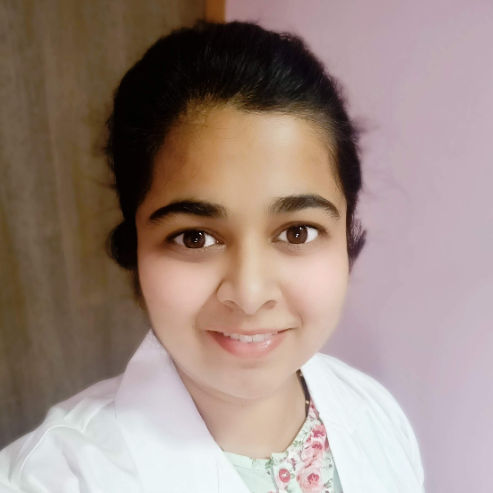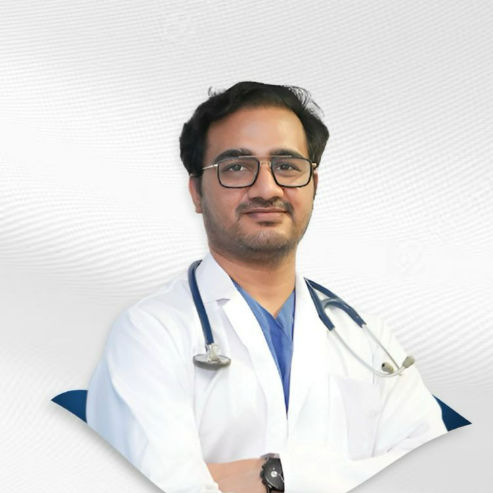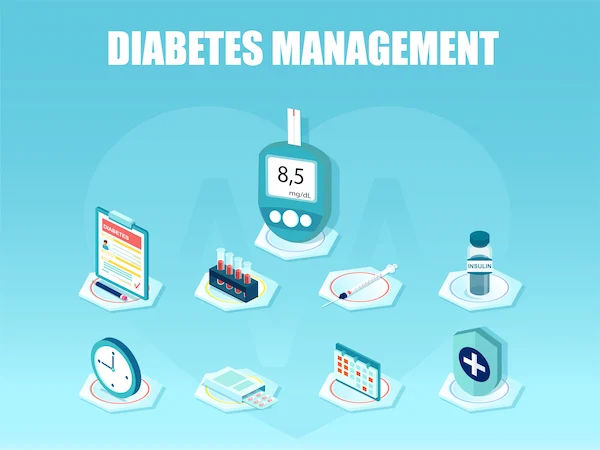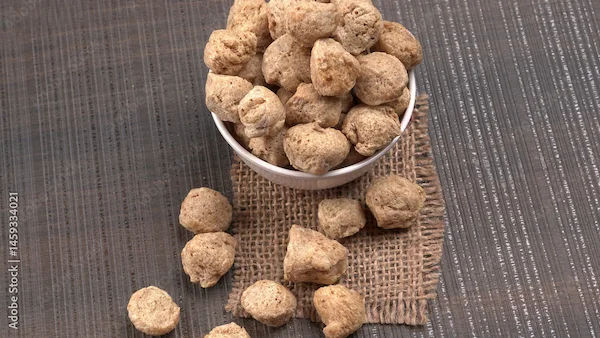Understanding Ventricular Septal Defect and Management
Learn about Ventricular Septal Defect (VSD), including its symptoms, causes, and management options. Understand how timely diagnosis and treatment can help prevent complications and support heart health.

Written by Dr. J T Hema Pratima
Reviewed by Dr. Rohinipriyanka Pondugula MBBS
Last updated on 21st Aug, 2025

A Ventricular Septal Defect (VSD) is a common heart condition that affects many people, especially newborns and children. If you or someone you know has been diagnosed with VSD, it’s natural to have questions and concerns. This article will help you understand what VSD is, its symptoms, causes, and how it can be managed effectively.
What is a Ventricular Septal Defect (VSD)?
A Ventricular Septal Defect (VSD) is a hole in the wall (septum) that separates the two lower chambers of the heart, the left and right ventricles. This hole allows oxygen-rich blood from the left ventricle to mix with oxygen-poor blood in the right ventricle. While small VSDs may close on their own, larger ones can cause complications and may require medical attention.
Consult a Top Cardiologist
Symptoms of VSD
The symptoms of VSD can vary depending on the size of the hole:
Small VSD
Often causes no noticeable symptoms.
May be detected only during a routine check-up when a doctor hears a heart murmur.
Moderate to Large VSD
Fatigue – Easily tired, especially during feeding (in infants).
Rapid breathing or shortness of breath – Difficulty breathing, especially during physical activity.
Poor weight gain – Infants may struggle to gain weight.
Frequent respiratory infections – Increased susceptibility to lung infections.
Heart murmur – A whooshing sound heard through a stethoscope.
If left untreated, a large VSD can lead to heart failure or pulmonary hypertension (high blood pressure in the lungs).
Causes of VSD
VSD is usually a congenital condition, meaning it is present at birth. The exact cause is often unknown, but possible factors include:
Genetic factors – Family history of heart defects.
Maternal health during pregnancy – Infections, uncontrolled diabetes, or exposure to harmful substances.
Chromosomal abnormalities – Conditions like Down syndrome may increase the risk.
In rare cases, VSD can develop later in life due to a heart attack or injury.
How Does VSD Affect Health?
A VSD forces the heart to work harder because extra blood flows into the lungs. Over time, this can lead to:
Enlarged heart – The heart muscles thicken due to extra workload.
Pulmonary hypertension – High blood pressure in the lungs, which can damage lung arteries.
Eisenmenger syndrome – A severe complication where blood flow reverses, causing oxygen-poor blood to circulate in the body.
Diagnosis of VSD
If a doctor suspects VSD, they may recommend:
1. Physical Exam – Listening for a heart murmur.
2. Echocardiogram – An ultrasound of the heart to visualize the defect.
3. Electrocardiogram (ECG) – Checks heart rhythm.
4. Chest X-ray – Shows heart and lung condition.
5. Cardiac MRI or CT Scan – Provides detailed images if needed.
Treatment and Management
Depending on the type of VSD, the treatment and management are suggested as below,
Small VSDs
Often close on their own without treatment.
Regular check-ups to monitor progress.
Moderate to Large VSDs
Medications – Diuretics (reduce fluid buildup), heart medications (help heart function).
Surgery – If the hole is large or causing complications, open-heart surgery or catheter-based repair may be needed.
Lifestyle and Home Care Tips
Healthy Diet – Focus on nutrient-rich foods; infants may need high-calorie formula.
Regular Exercise – Most children with repaired VSD can lead active lives; consult a doctor for guidance.
Dental Hygiene – Good oral care prevents infections that could affect the heart.
Follow-Up Visits – Essential to monitor heart health.
When to See a Doctor?
Seek medical help if you notice:
Difficulty breathing or extreme fatigue.
Poor growth in infants.
Bluish skin (sign of low oxygen).
Early diagnosis and treatment can prevent complications.
Can VSD Be Prevented?
Since most VSDs are congenital, prevention is challenging. However, pregnant women can reduce risks by:
Taking prenatal vitamins (especially folic acid).
Avoiding alcohol, smoking, and harmful medications.
Managing chronic conditions like diabetes.
Living with VSD
Many people with VSD live healthy, active lives after treatment. With proper care, children can grow normally and participate in sports. Adults with repaired VSD should have regular heart check-ups.
Need Expert Advice?
If you suspect VSD or need a consultation, Apollo 24|7 offers expert cardiology care. You can book an appointment or schedule a heart test easily online.
Conclusion
VSD is a manageable condition with the right care. If you or your child has been diagnosed, stay informed, follow medical advice, and maintain a heart-healthy lifestyle. Early intervention makes a big difference!
Consult a Top Cardiologist
Consult a Top Cardiologist

Dr. Anand Ravi
General Physician
2 Years • MBBS
Bengaluru
PRESTIGE SHANTHINIKETAN - SOCIETY CLINIC, Bengaluru

Dr. Tripti Deb
Cardiologist
40 Years • MBBS, MD, DM, FACC, FESC
Hyderabad
Apollo Hospitals Jubilee Hills, Hyderabad

Dr. Zulkarnain
General Physician
2 Years • MBBS, PGDM, FFM
Bengaluru
PRESTIGE SHANTHINIKETAN - SOCIETY CLINIC, Bengaluru

Dr Nazneen Khan
Cardiologist
7 Years • M.B.B.S, M.D (MEDICINE), DrNB CARDIOLOGY
Pune
Apollo Clinic, Viman Nagar, Pune

Dr. Janjirala Seshivardhan
Cardiologist
7 Years • MBBS,DNB(GM),DM(Cardiology)
Manikonda Jagir
Apollo Clinic, Manikonda, Manikonda Jagir




